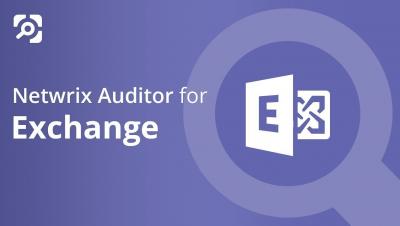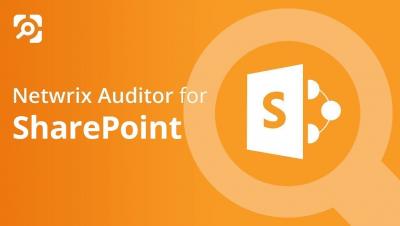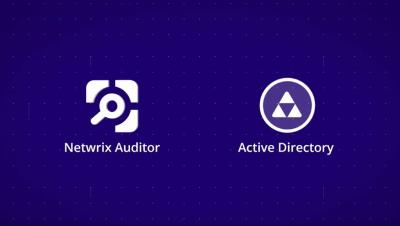Cloud Storage Security: Common Issues, Best Practices and Software Solutions
Cloud storage has become mainstream. It is one of the fastest-growing segments of IT spending and an indispensable tool for many modern businesses. However, not enough is being done to secure data residing in the cloud. According to Gartner, 90% of organizations that fail to control public cloud use will share information inadvertently or inappropriately through 2025. Almost all cloud security failures will be due to the cloud customer, not the service provider.





